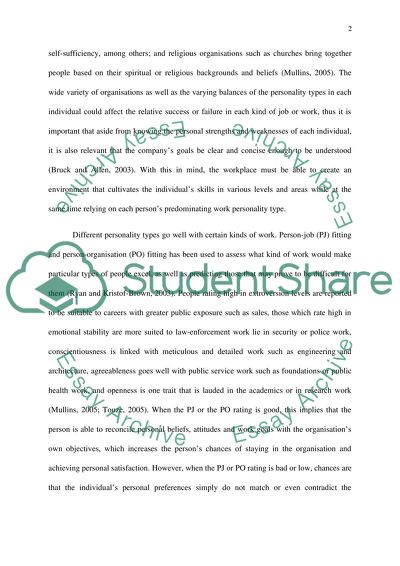Cite this document
(Individual Personality Types and Organisational Behaviour Essay - 4, n.d.)
Individual Personality Types and Organisational Behaviour Essay - 4. Retrieved from https://studentshare.org/social-science/1469982-organisational-behaviour
Individual Personality Types and Organisational Behaviour Essay - 4. Retrieved from https://studentshare.org/social-science/1469982-organisational-behaviour
(Individual Personality Types and Organisational Behaviour Essay - 4)
Individual Personality Types and Organisational Behaviour Essay - 4. https://studentshare.org/social-science/1469982-organisational-behaviour.
Individual Personality Types and Organisational Behaviour Essay - 4. https://studentshare.org/social-science/1469982-organisational-behaviour.
“Individual Personality Types and Organisational Behaviour Essay - 4”, n.d. https://studentshare.org/social-science/1469982-organisational-behaviour.


